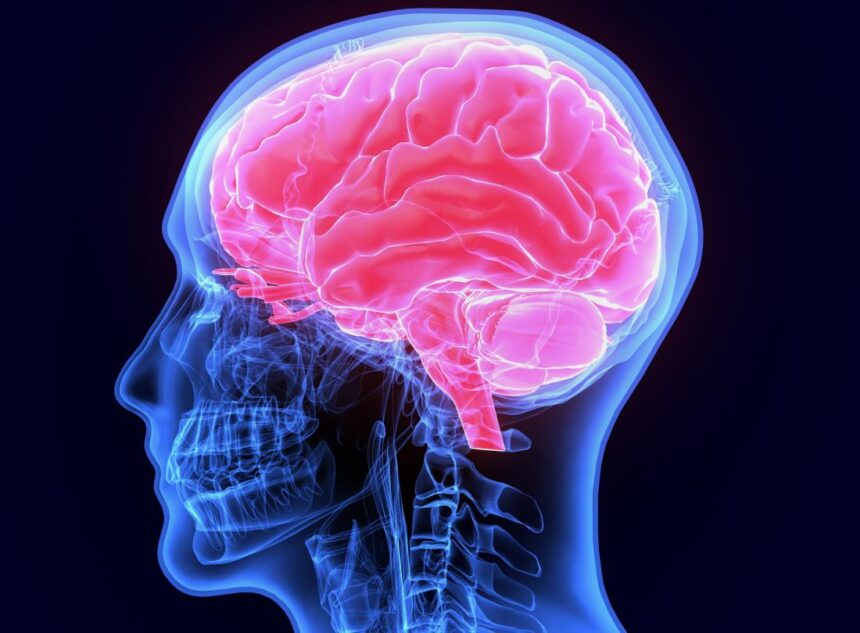Researchers at the Department of General Zoology and Neurobiology at Ruhr University in Germany have investigated how serotonin plays a key role in the onset and unlearning of fear and anxiety.
As published in Translational Psychiatry, the research team used rodents to establish their findings that showed a lack of a certain serotonin receptor can unlearn fear quicker than the wild type.
“Serotonin 2C receptors (5-HT2CRs) are widely distributed throughout the brain and are strongly implicated in the pathophysiology of anxiety disorders such as post-traumatic stress disorder (PTSD),” according to researchers.
“Here, we used a 5-HT2CR knock-out mouse line (2CKO) to gain new insights into the involvement of 5-HT2CRs in the neuronal fear circuitry. Using a cued fear conditioning paradigm, our results revealed that global loss of 5-HT2CRs exclusively accelerates fear extinction, without affecting fear acquisition and fear expression,” the findings state.
“Our results provide new insights for the fear extinction network by revealing a specific serotonergic DRC-BNSTad pathway underlying a 5-HT2CR-sensitive mechanism with high significance in the treatment of PTSD.”
The study was published on November 19, 2022.


